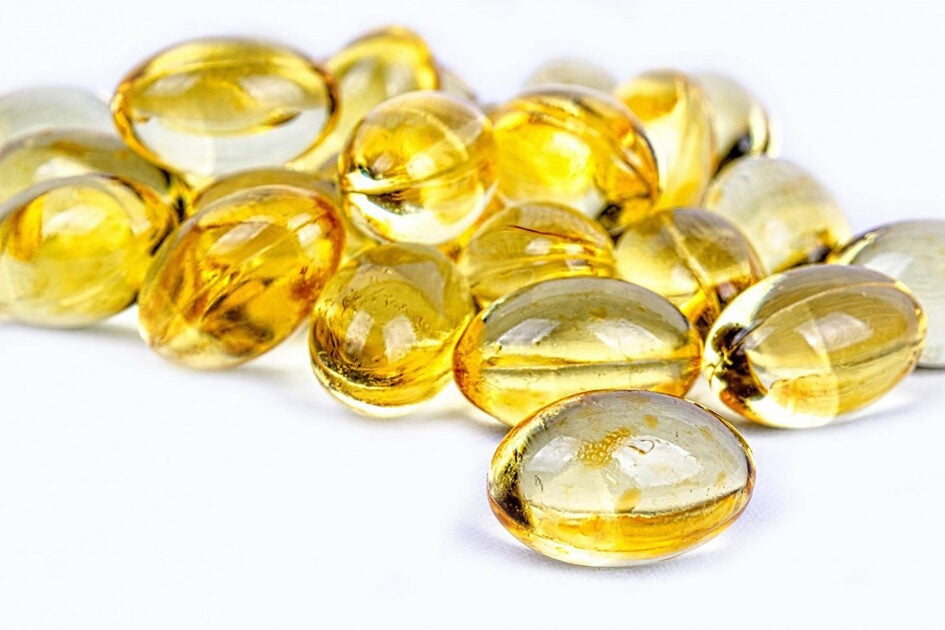Results of a small clinical trial suggest that supplementing chemotherapy with high doses of vitamin D may benefit patients with metastatic colorectal cancer by delaying progression of the disease, say scientists from Harvard-affiliated Dana-Farber Cancer Institute.
Prompted by the “very encouraging” results of the Sunshine clinical trial, the potential benefits of vitamin D supplementation in metastatic colorectal cancer will be evaluated in a larger clinical trial planned to open at several hundred sites across the U.S. later this year, said Kimmie Ng, director of clinical research in Dana-Farber’s Gastrointestinal Cancer Center, and corresponding author of the Sunshine study. “To our knowledge, this study is the first completed randomized clinical trial of vitamin D supplementation for treatment of advanced or metastatic colorectal cancer,” Ng said.
In the high-dose group, patients had a median delay of 13 months before their disease worsened; in the low-dose group, the median delay was 11 months. In addition, patients in the high-dose vitamin D group were 36 percent less likely to have disease progression or death during the follow-up period of 22.9 months. The trial included too few patients to determine whether those who took high-dose vitamin D survived longer overall.
“The results of our trial suggest an improved outcome for patients who received vitamin D supplementation, and we look forward to launching a larger trial to confirm these exciting and provocative findings,” said Charles Fuchs, formerly of Dana-Farber and now director of Yale Cancer Center, the senior author of the study.
The initial findings were reported at the 2017 meeting of the American Society of Clinical Oncology. Those results, along with additional data, are now being published in the Journal of the American Medial Association.
The Sunshine trial randomized 139 patients with previously untreated metastatic colorectal cancer. One group took pills containing 4,000 international units (IU) of vitamin D per day along with standard chemotherapy, while the other group took 400 units (about the dose found in a multivitamin) along with chemotherapy.











